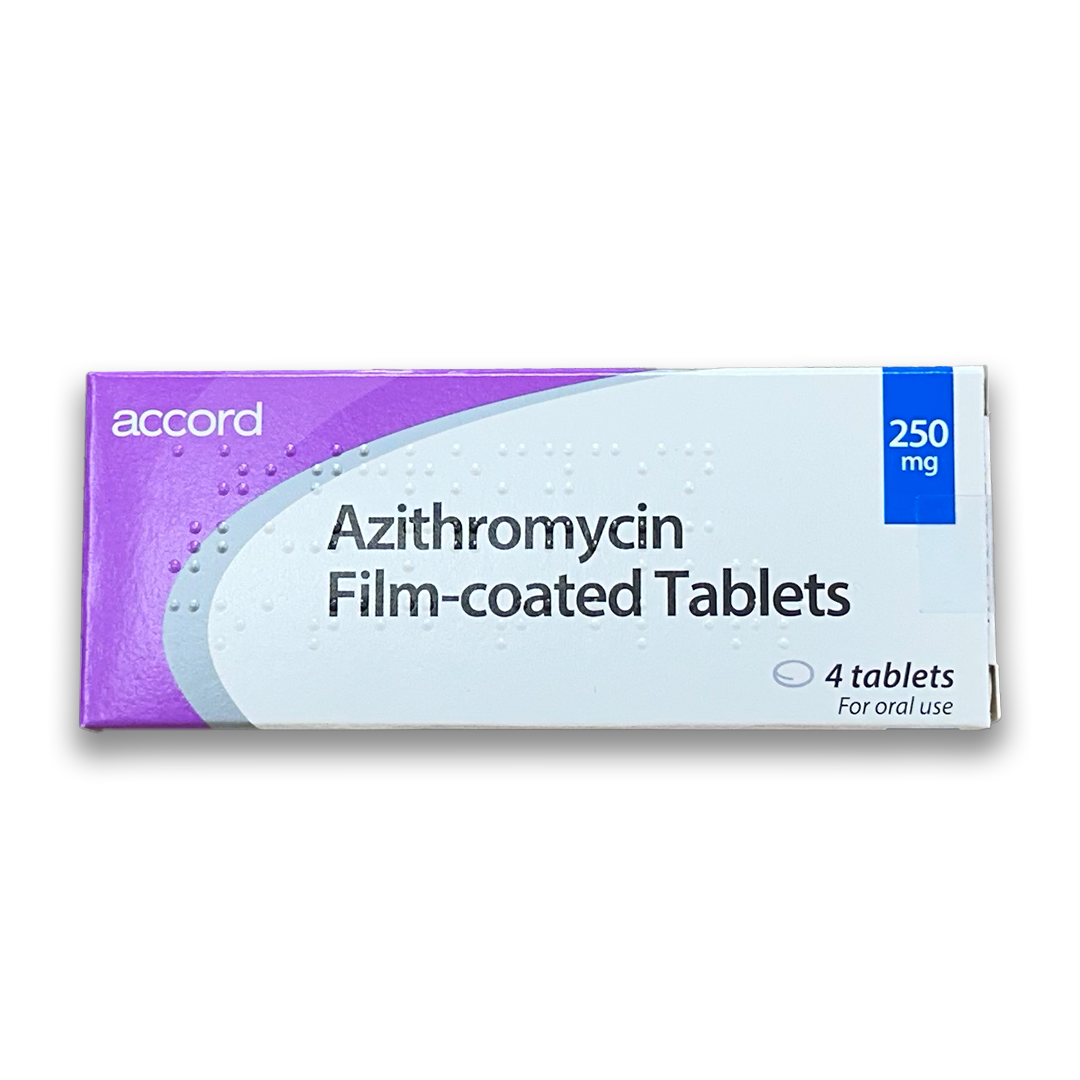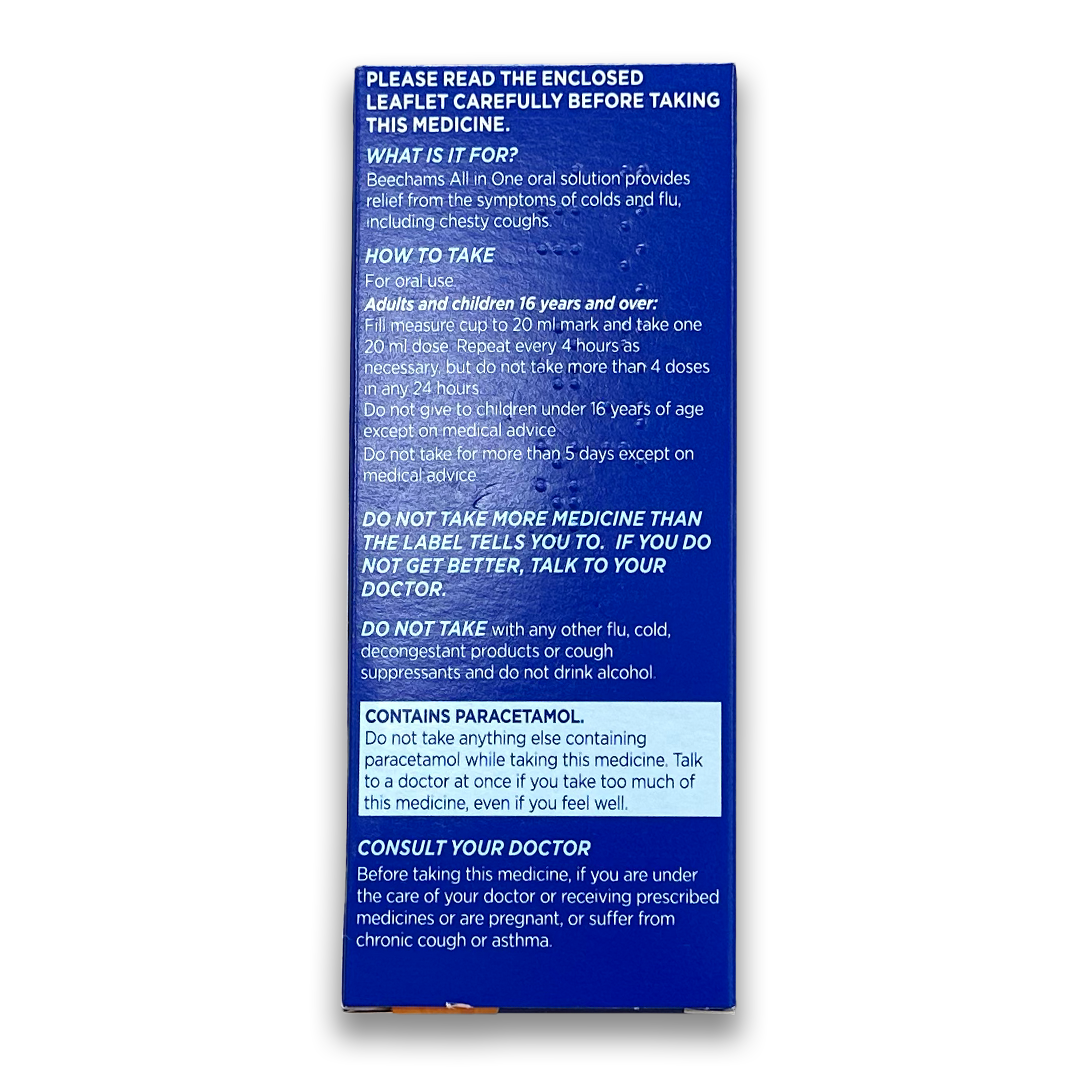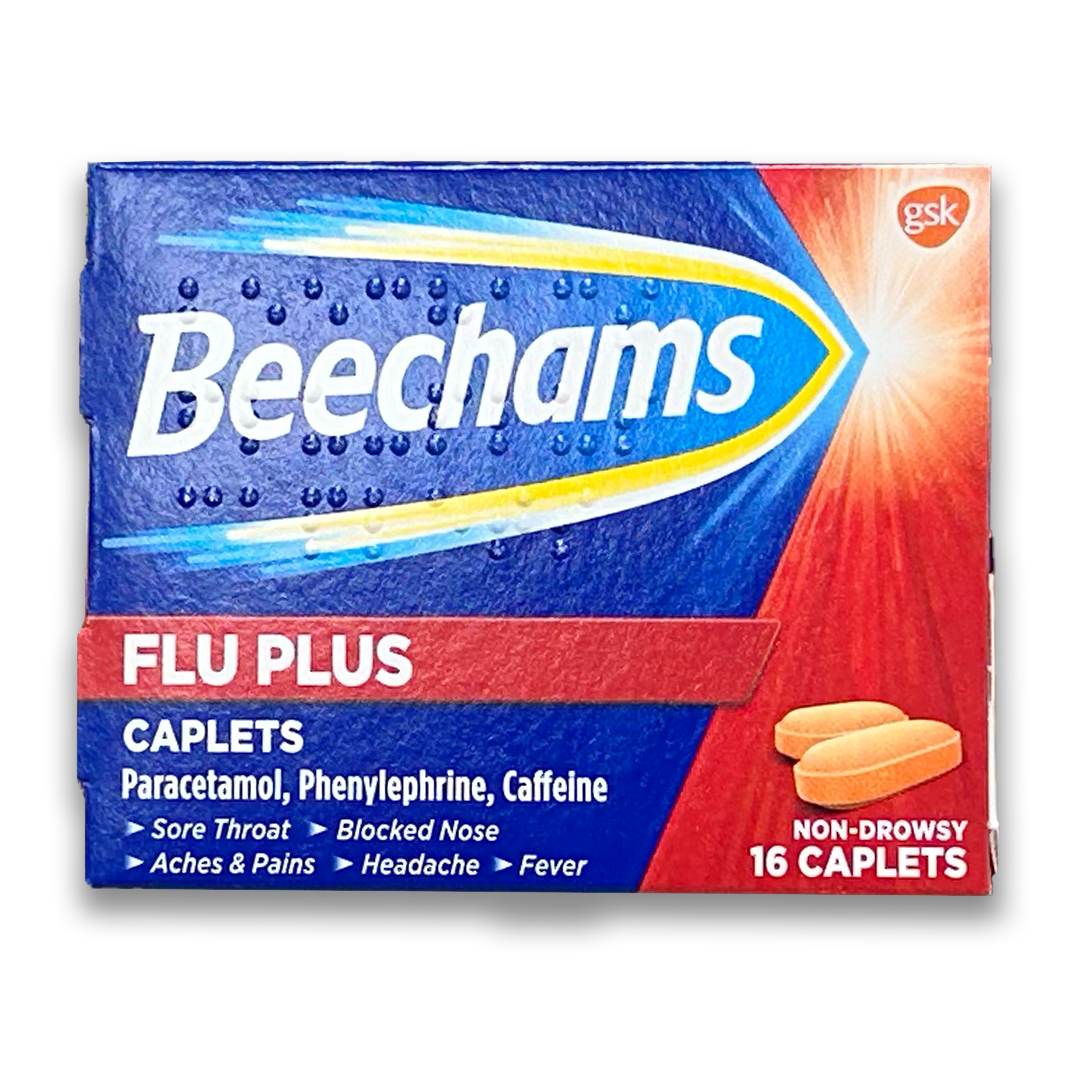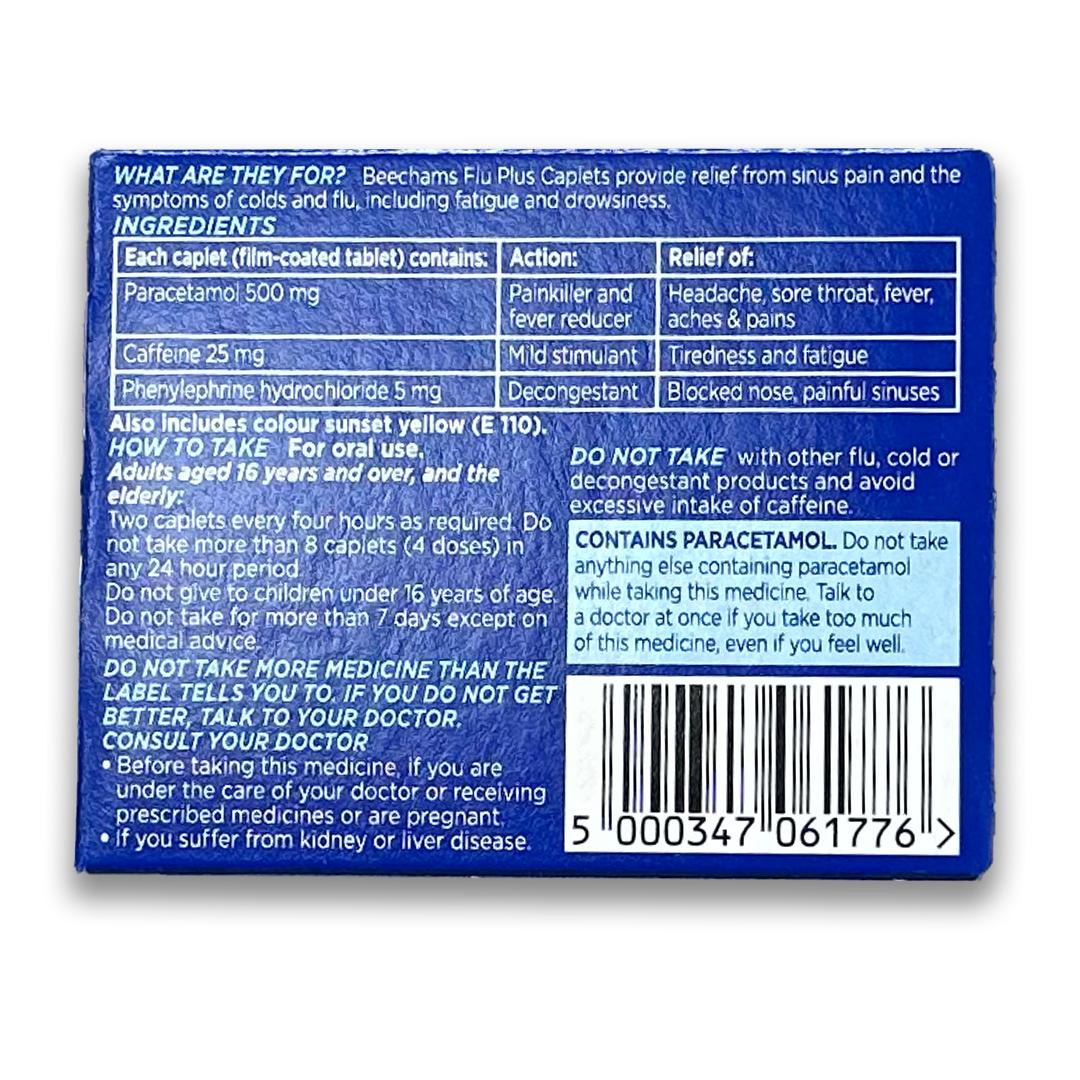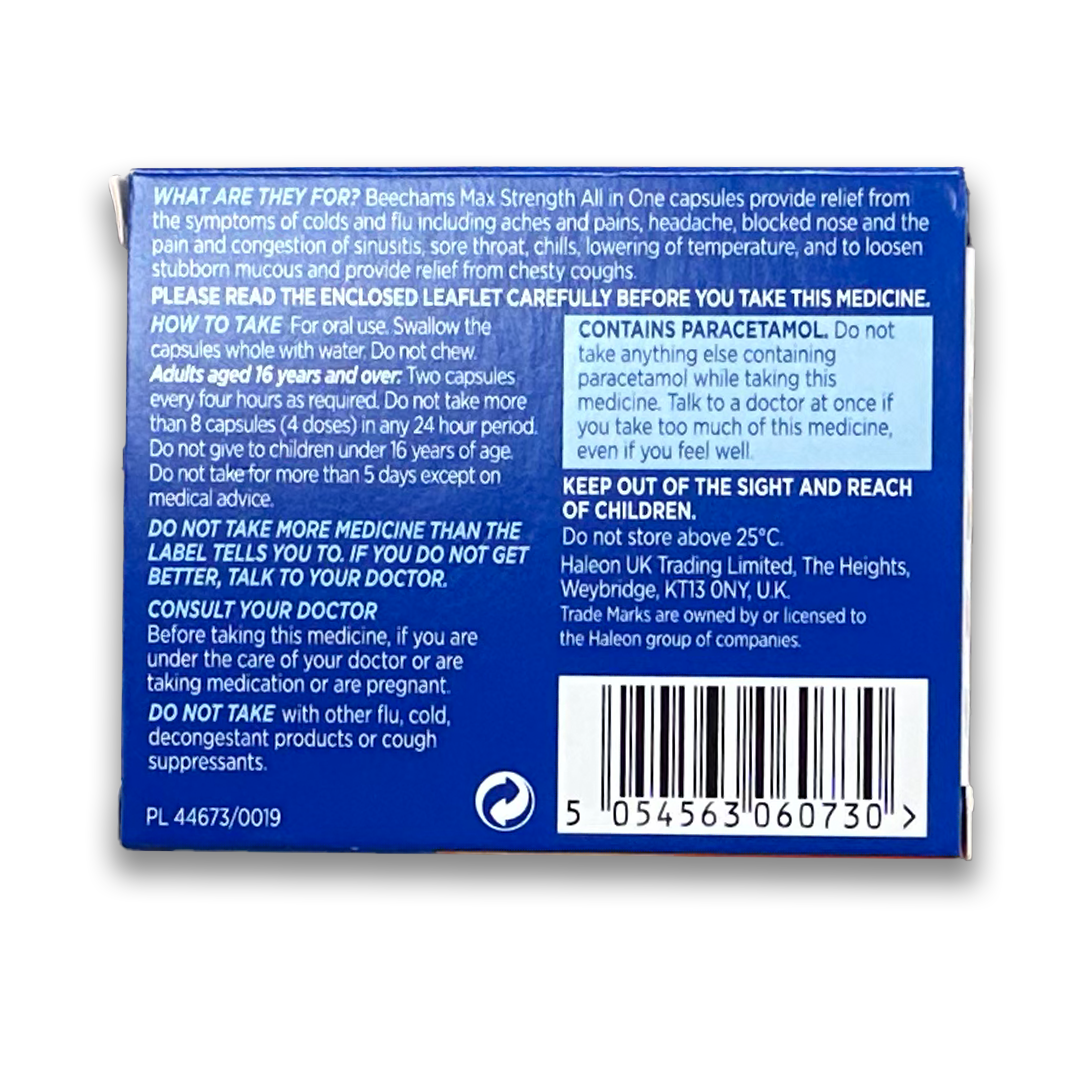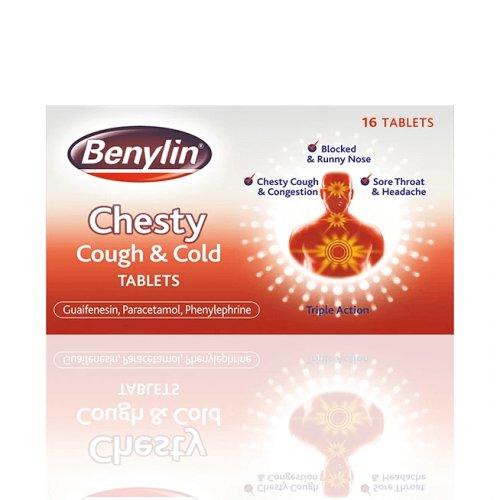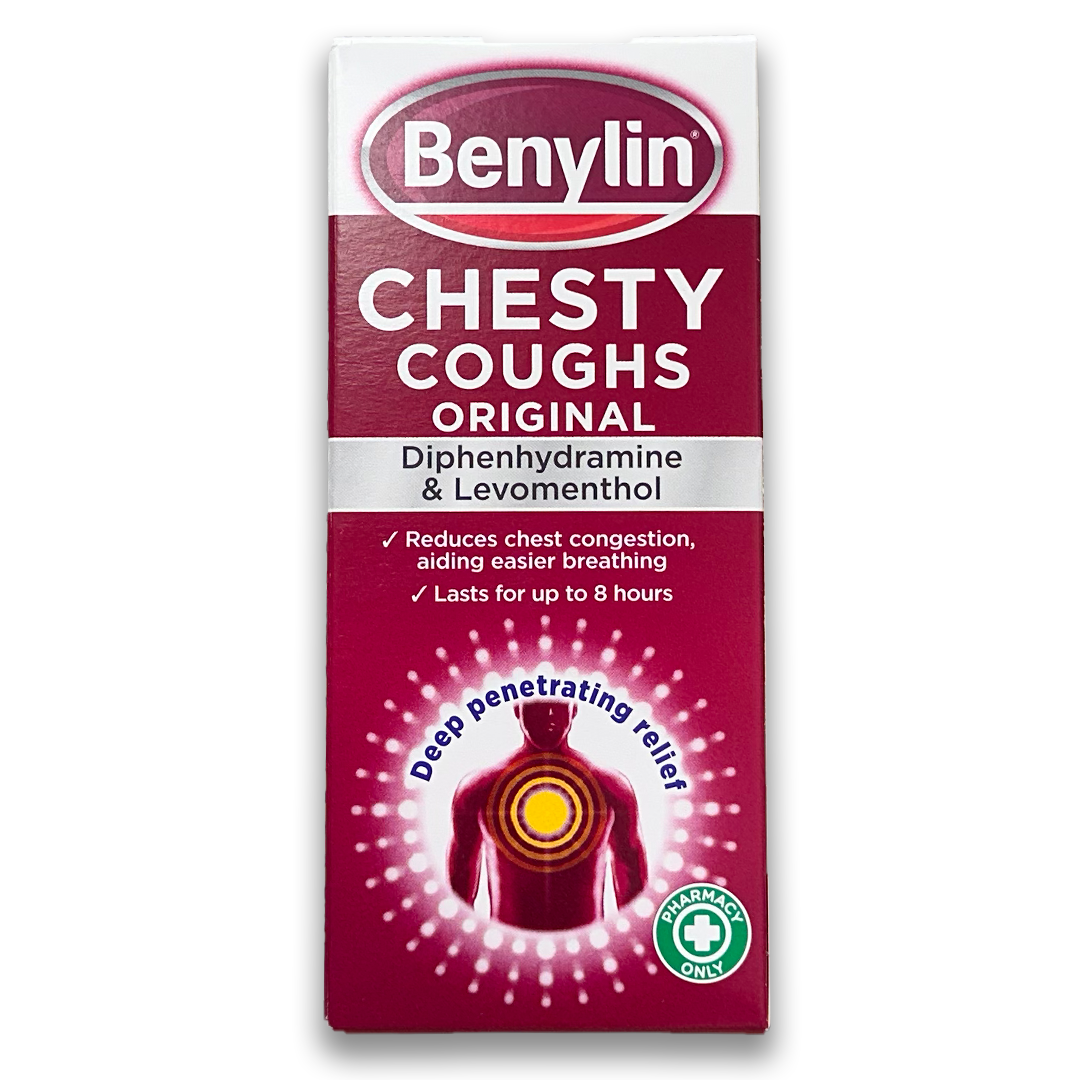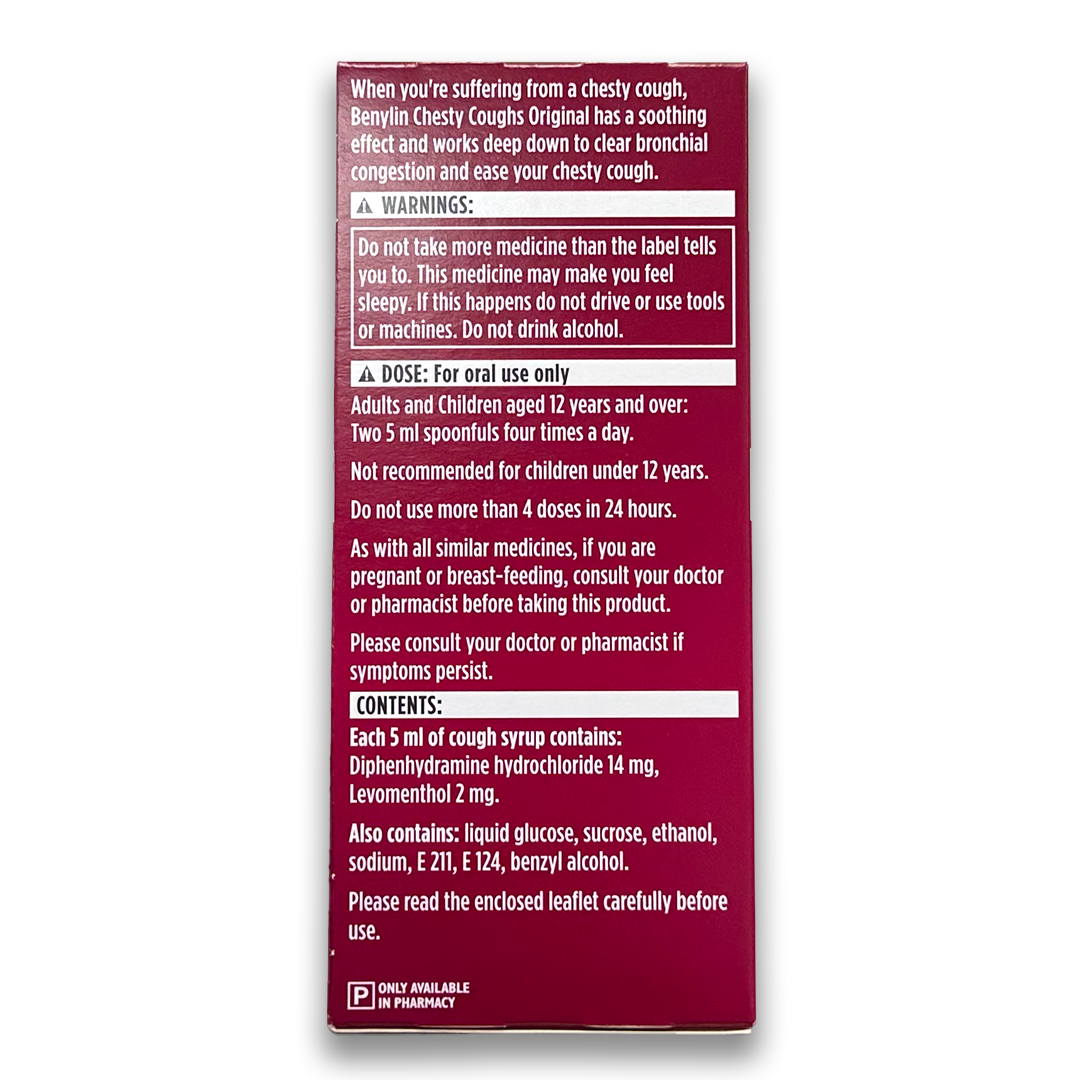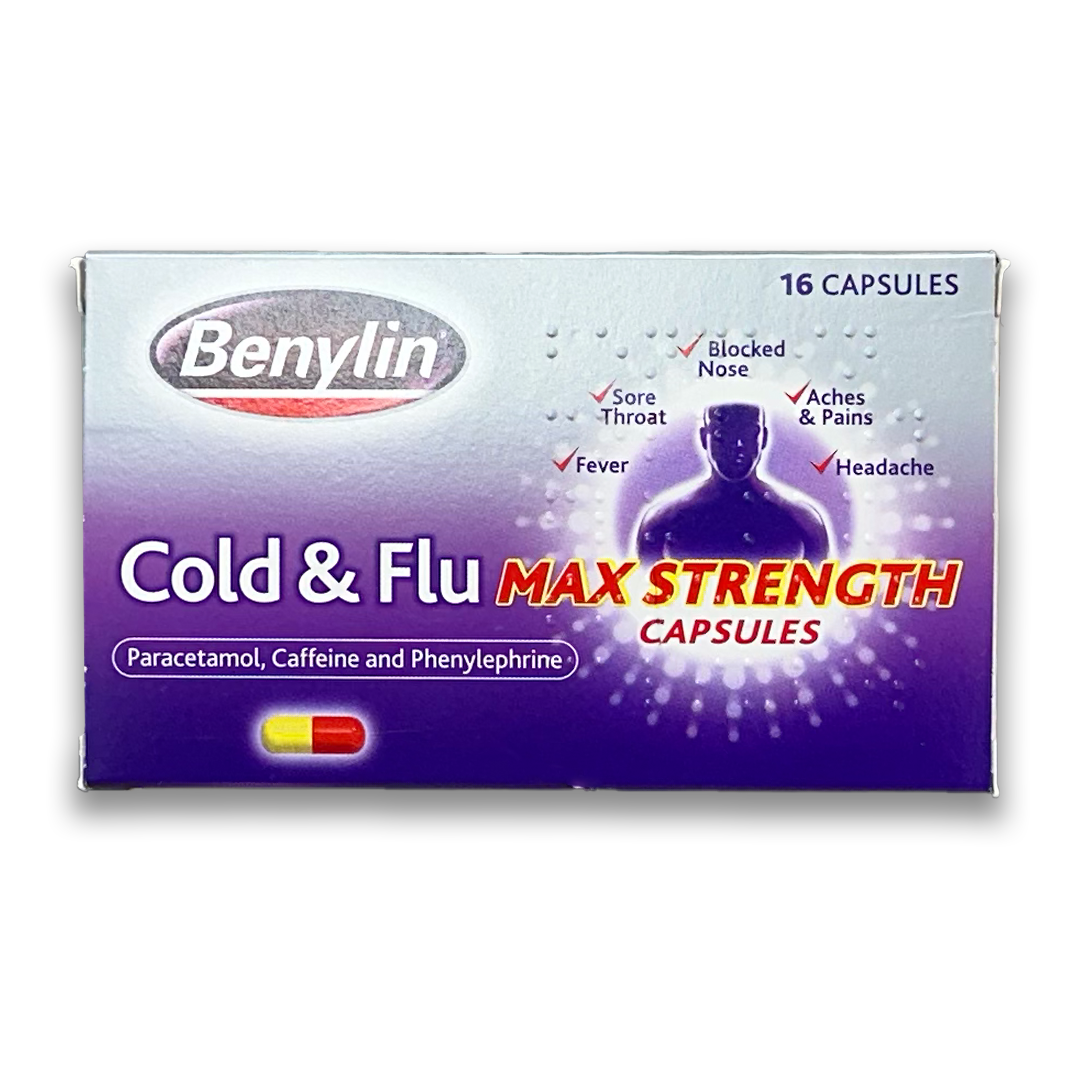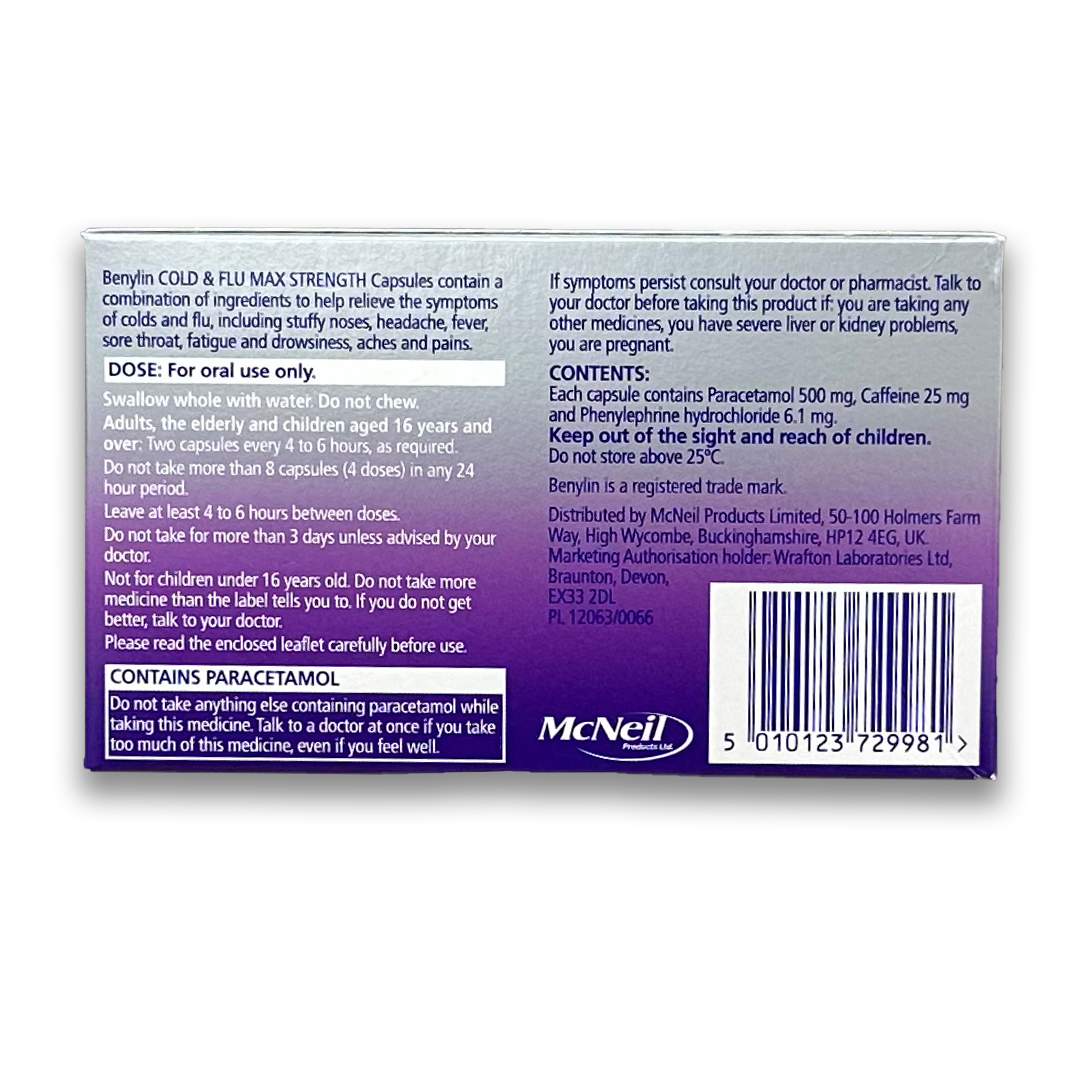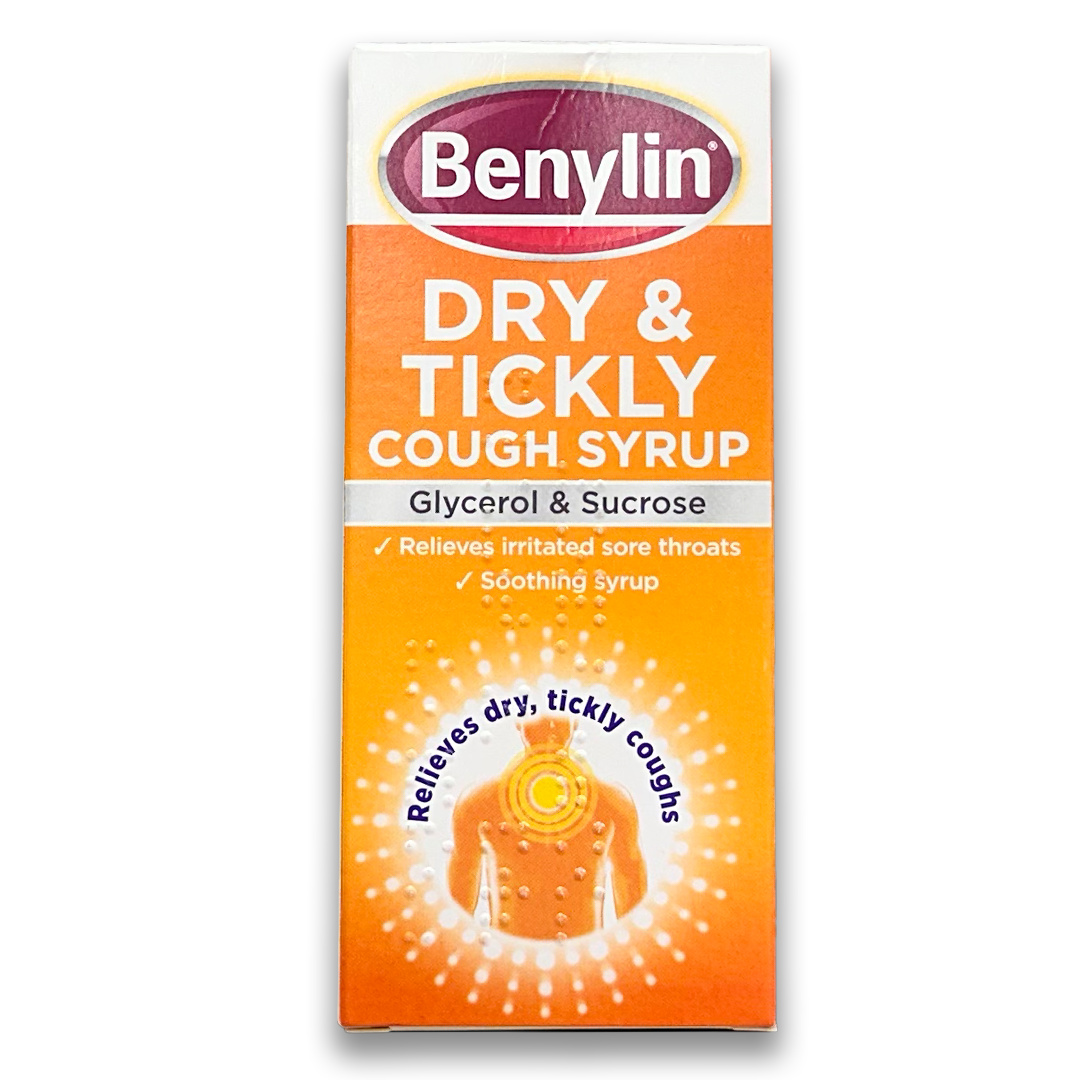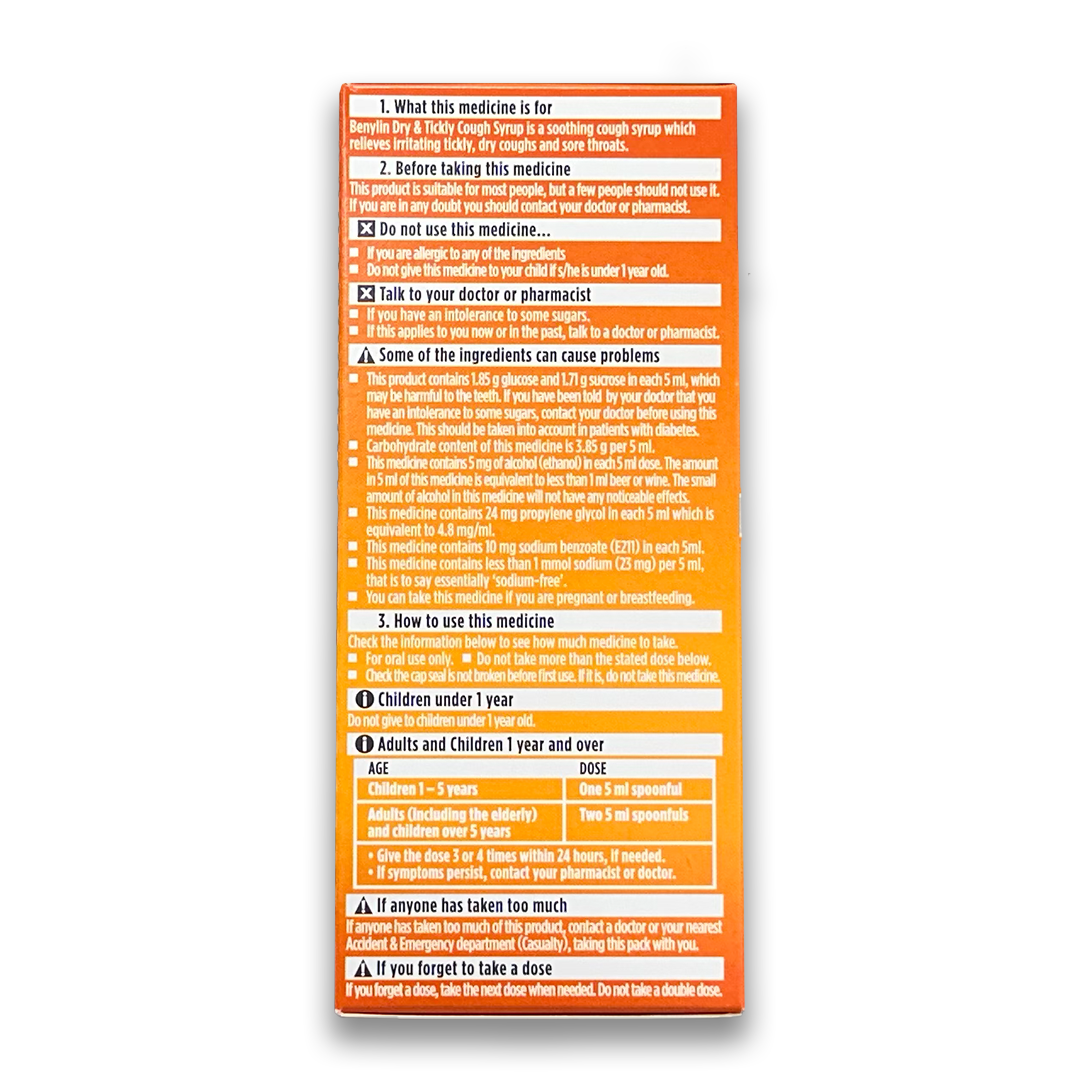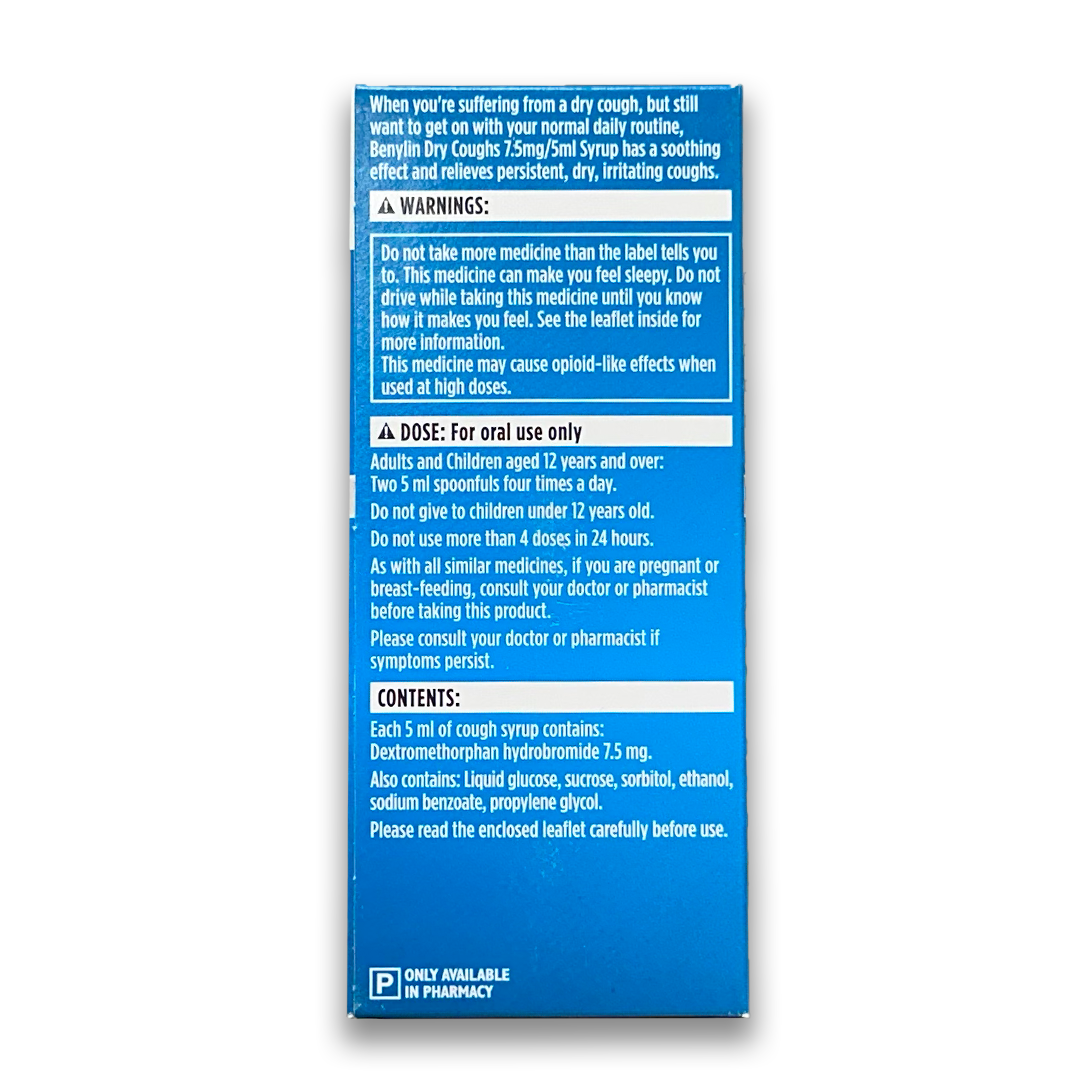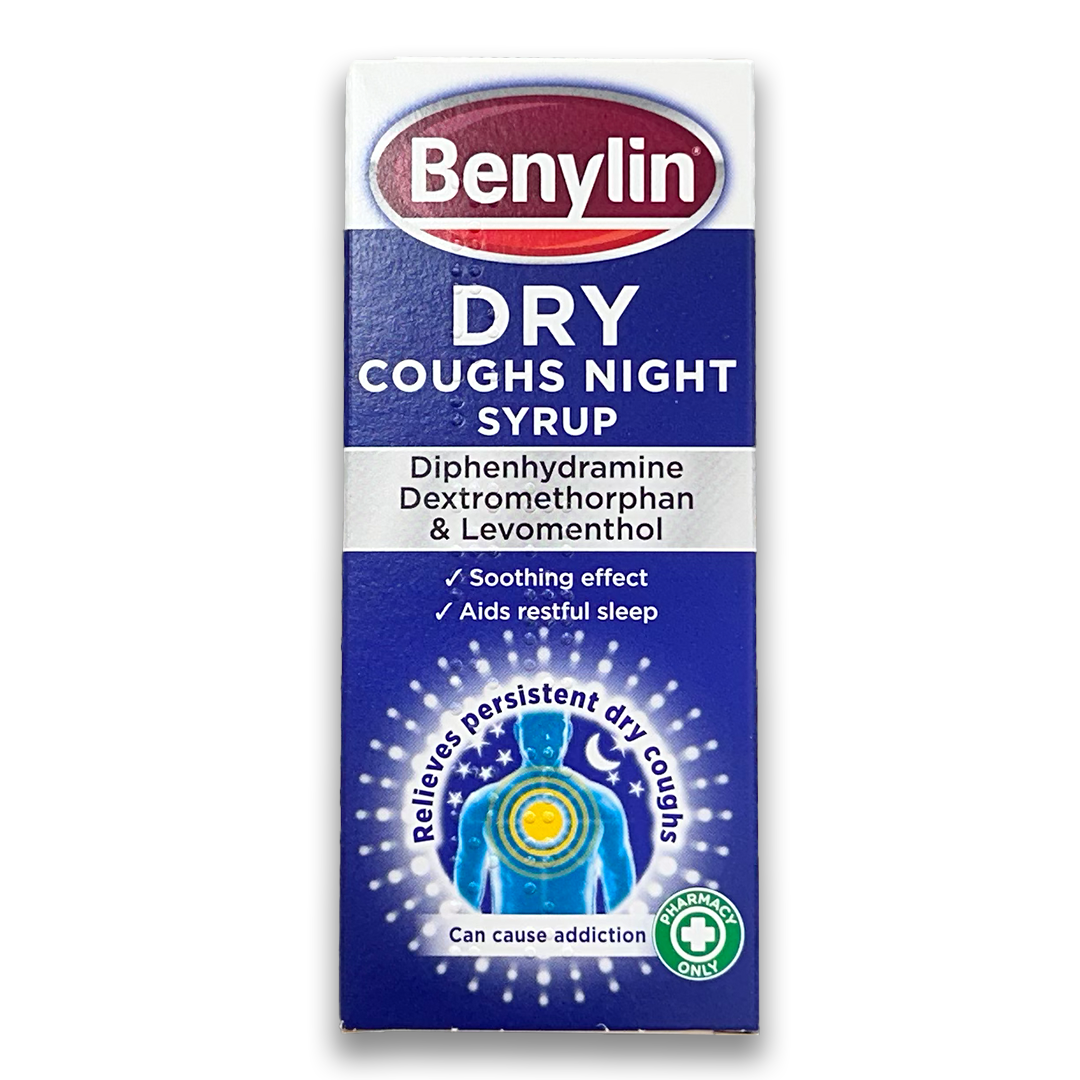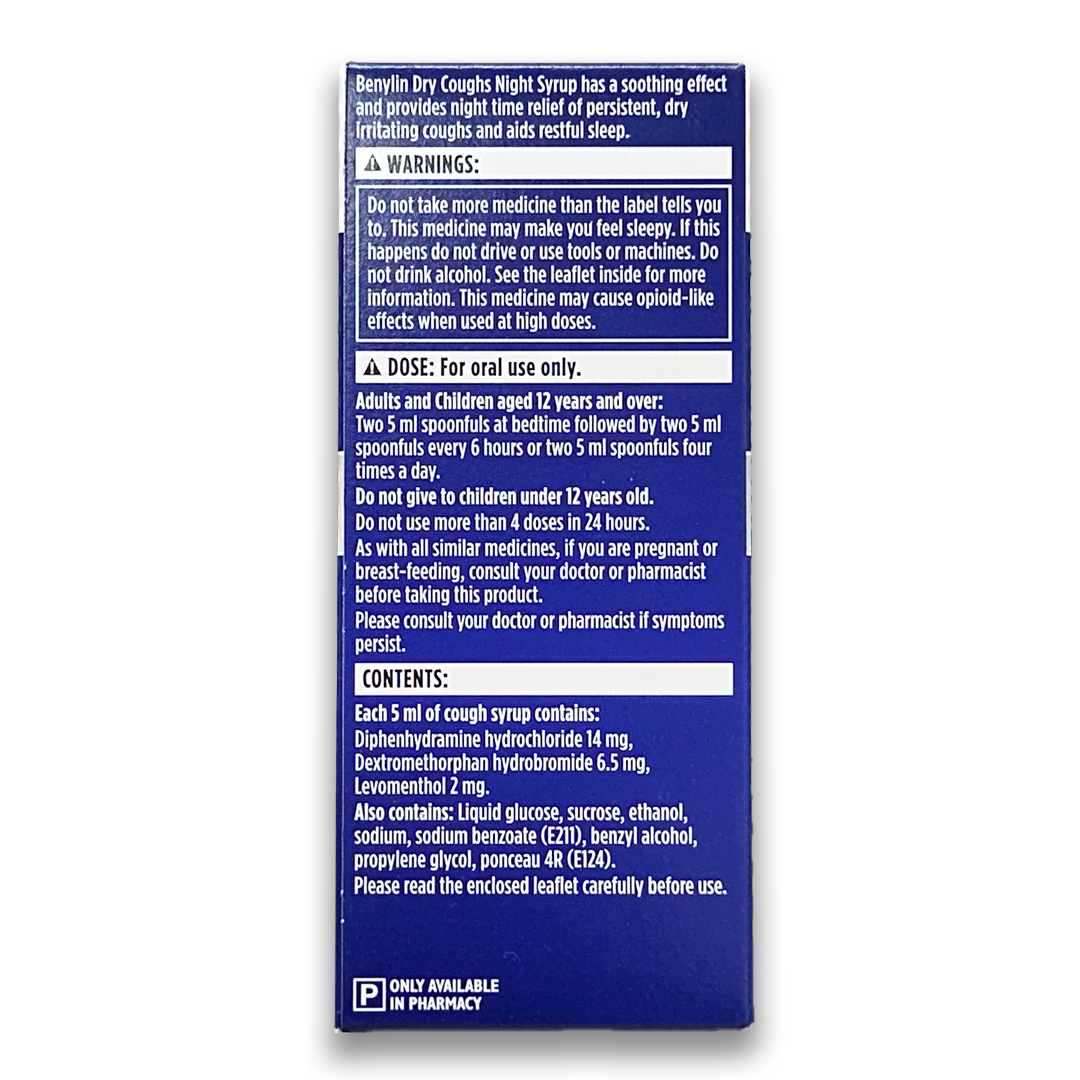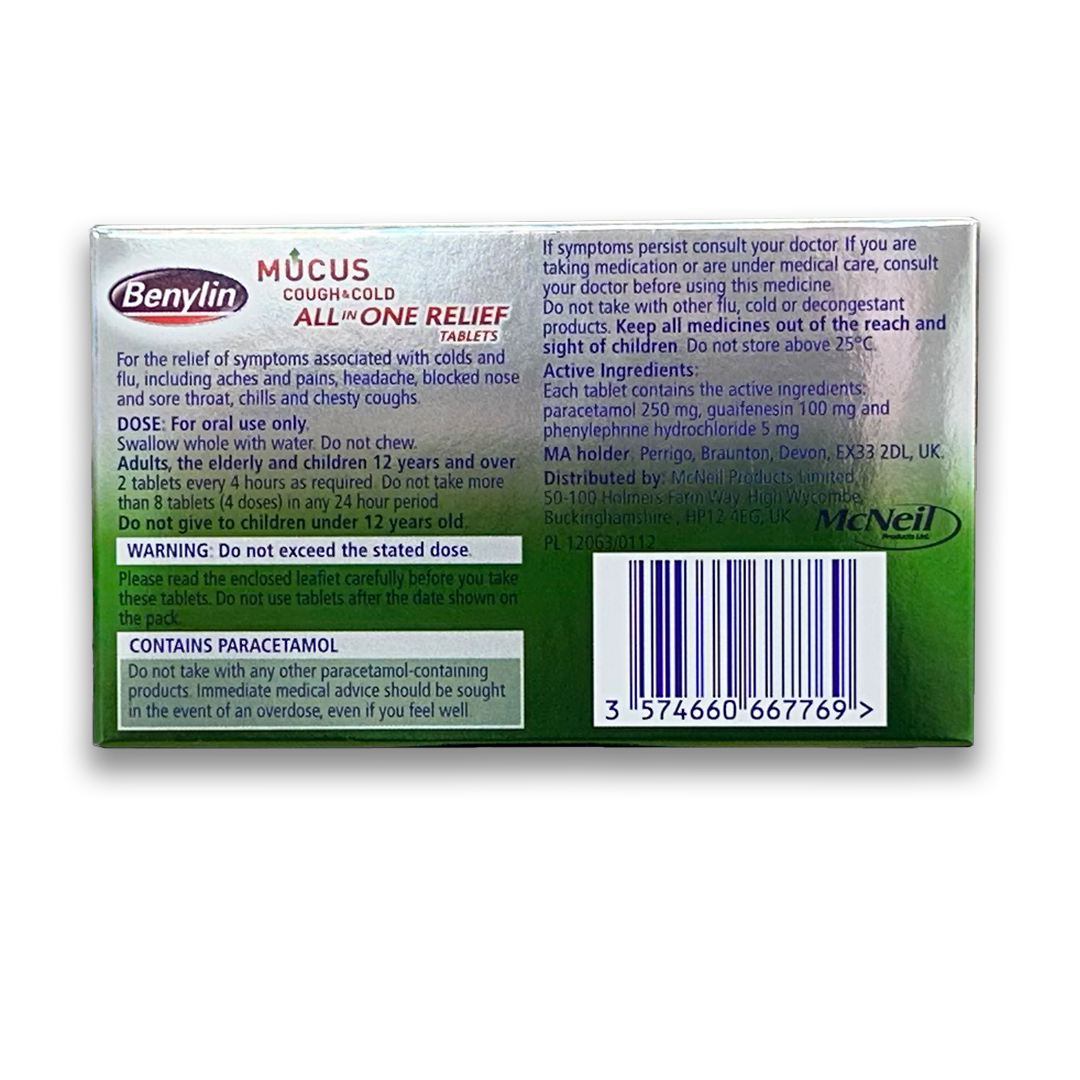
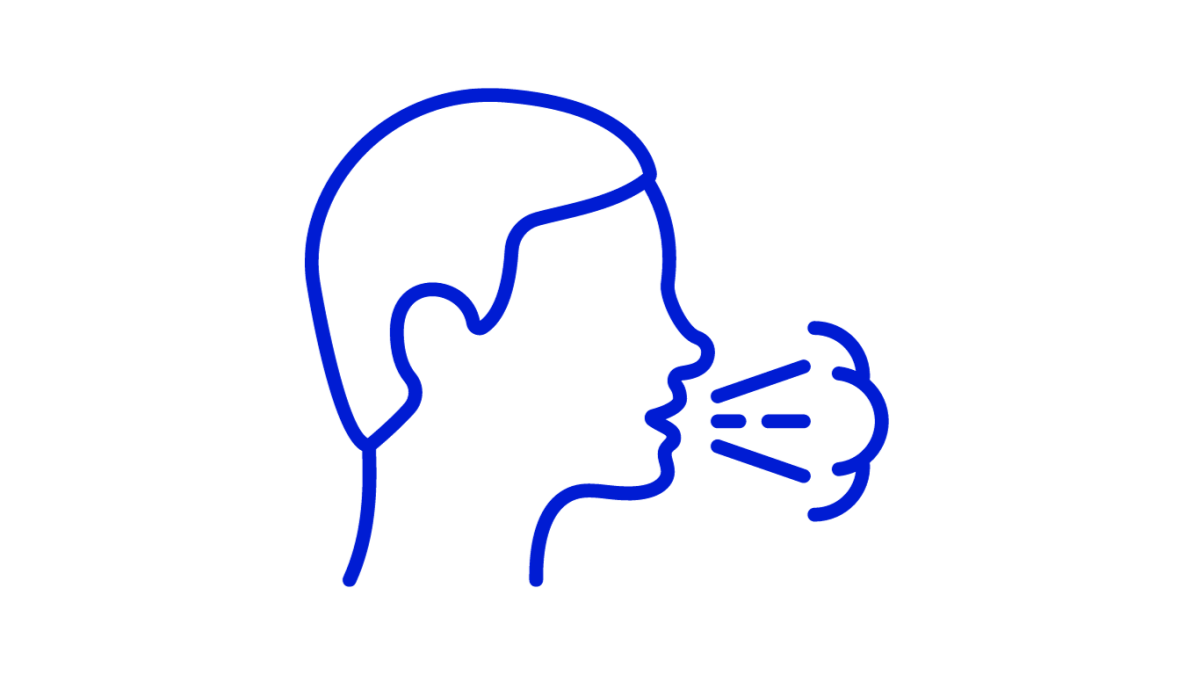
About Cold and Flu
Cause
Diagnosis
Treatments
Prevention
Further Info
FAQs
Can Antibiotics Cure the Common Cold or Flu?
What Is the Role of Zinc Supplements in Cough and Cold Remedies?
When Should I Consider Getting the Flu Vaccine?
Can I Prevent the Spread of Cough and Cold Viruses at Home?
We are here to help 👋
For assistance, please contact our customer service at info@rightangled.com. We are available Monday to Friday from 8 am to 5 pm. For urgent issues, please do not use this email. Instead, call 111, or dial 999 in case of an emergency.

